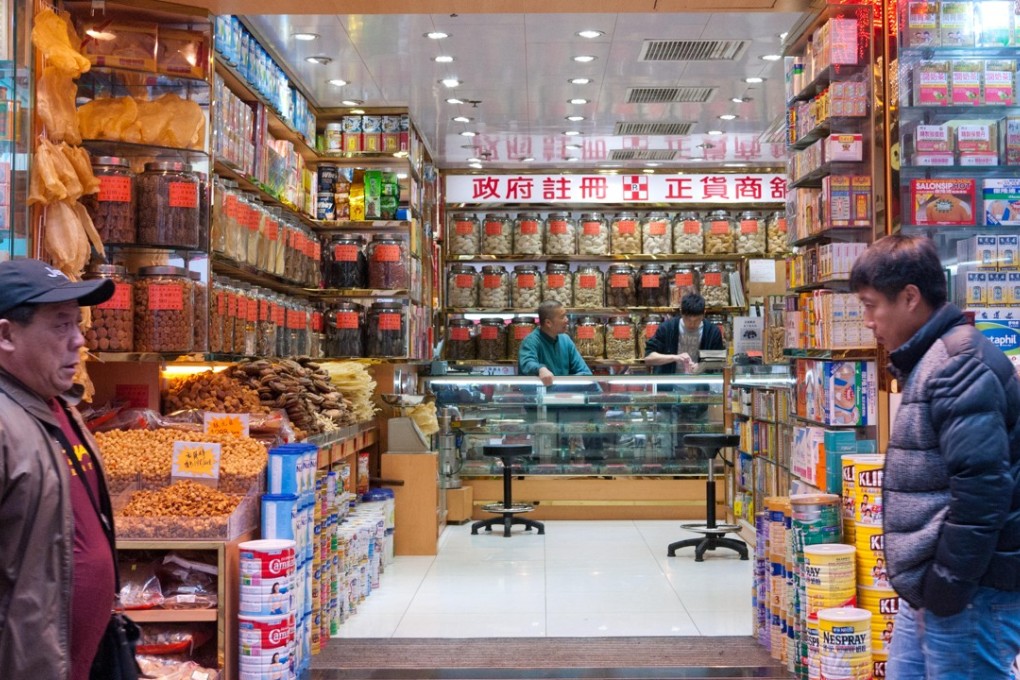How just tiny drop in ingredients can allow manufacturers of Chinese medicine avoid stringent regulation
- Ombudsman Connie Lau reveals legal loophole as she announces investigation into Hong Kong’s regulation of proprietary Chinese medicine
- Ordinance defines Chinese medicine as being composed solely Chinese ingredients, allowing manufacturers to circumvent scrutiny with dash of something extra

A tiny drop of a non-Chinese medicine is enough to allow Hong Kong manufacturers to evade registering their product as Chinese medicine – and thus greater scrutiny – thanks to a legal loophole.
Under the Chinese Medicine Ordinance, a Chinese medicine is defined as any product composed solely of, for example, any Chinese herbal medicine, or any materials of herbal, animal or mineral original customarily used by the Chinese.
It means manufacturers could simply circumvent the ordinance and not register the product as Chinese medicine if they add an ingredient such as grapeseed.
“This is a loophole,” Ombudsman Connie Lau Yin-hing said on Thursday, as she announced an investigation report into the city’s regulation of proprietary Chinese medicine.
“Some Chinese health care products may have the same name as some registered Chinese medicines. The effects [stated on the packaging] are the same. The ingredients are mostly the same … but the health care products are not regulated by the ordinance.”
Lau said the problem with non-registered products was whether they posed a health threat to users.
The Ombudsman urged the government to “plug the loophole”.